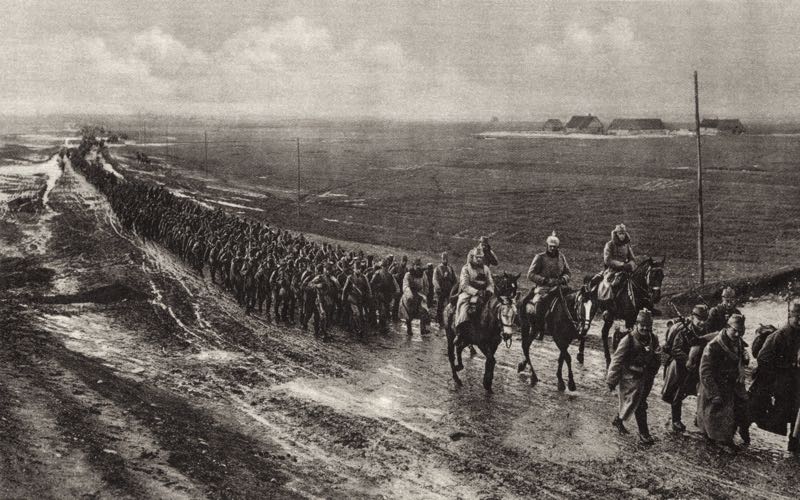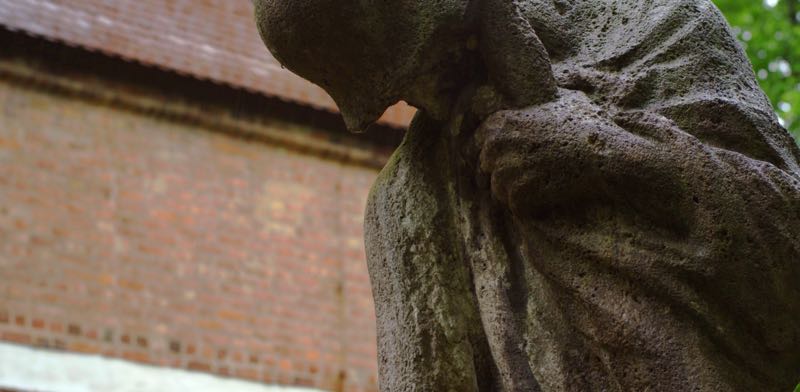130 Year Road Trip (2015)
130 Year Road Trip is a 78 minute documentary based on the research from Robert’s forthcoming book.
130 Year Road Trip is about a specific history, the historian and history itself.
Historian Rob Nelson drives through the Prairies of Canada, from Berlin to the open farmland of Western Poland, retracing the journeys of German settlement expert Max Sering (1857-1939), to explain the unknown impact of the colonization of North America on German policy from the 1880s through to the Second World War.
Rob’s theories and travels connect the removal of North American Natives to reservations in the 1880s, to the German treatment of Poles from the 1880s to 1945. While telling that story, the film exposes the layers of construction, manipulation and bias that go into even the most careful framing of history. In interviews descendants and those affected by displacement push back on the historian’s narrative, a diegetic score situates the music and composer into the open spaces of the Canadian grasslands and the back alleys of the Polish West/Prussian East, in rare archival images we see the faces of the colonizers and the colonized look back at us, as we move through the expansive landscapes that bore silent witness to it all.
Visit the website 130yearroadtrip.com
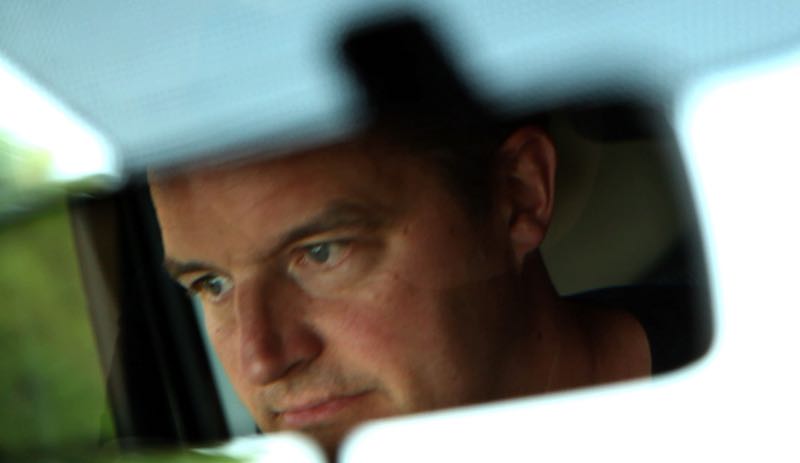
Still from 130 Year Road Trip
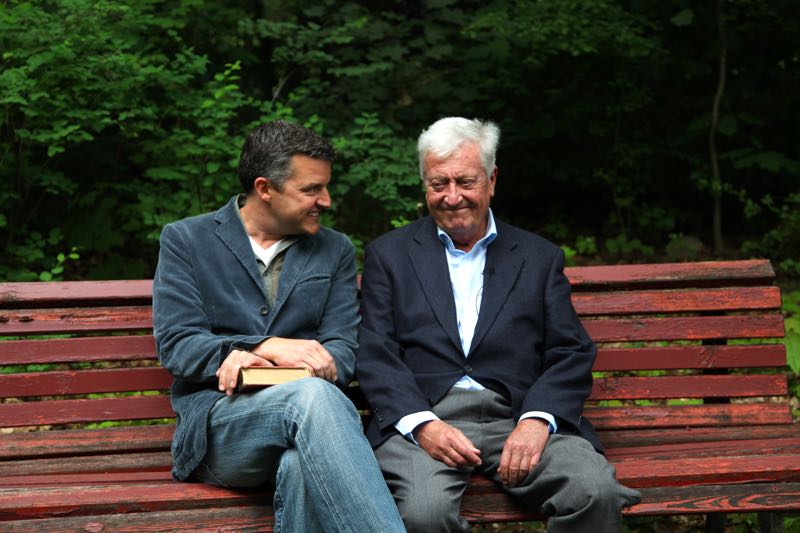
Robert with Max Sering's grandson Wolfgang von Tirpitz
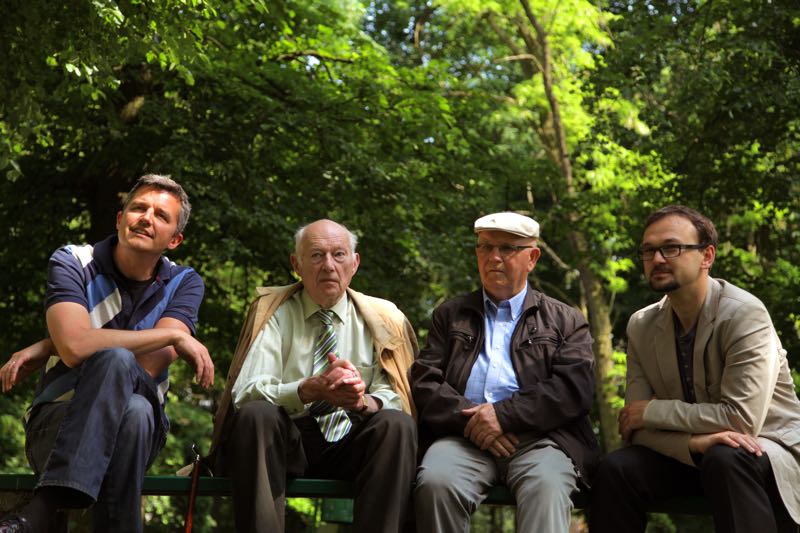
Robert with Charles Bleeker Kohlsaht, Kondrad and historian Mateusz Hartwich | Photo: Eric Boucher
Featuring: Wanted Land to Work
WANTED LAND TO WORK is a 3 minute video exploring the colonial history of Windsor Essex while interrogating the process of tracing and interpreting the past through historical inquiry and analysis. The film ruminates on the relationship between the historian, the people whose time and lives are being investigated and the land that connects them. The land is treated here as a witness, bridging what came before with the conclusions pursued in the present.

